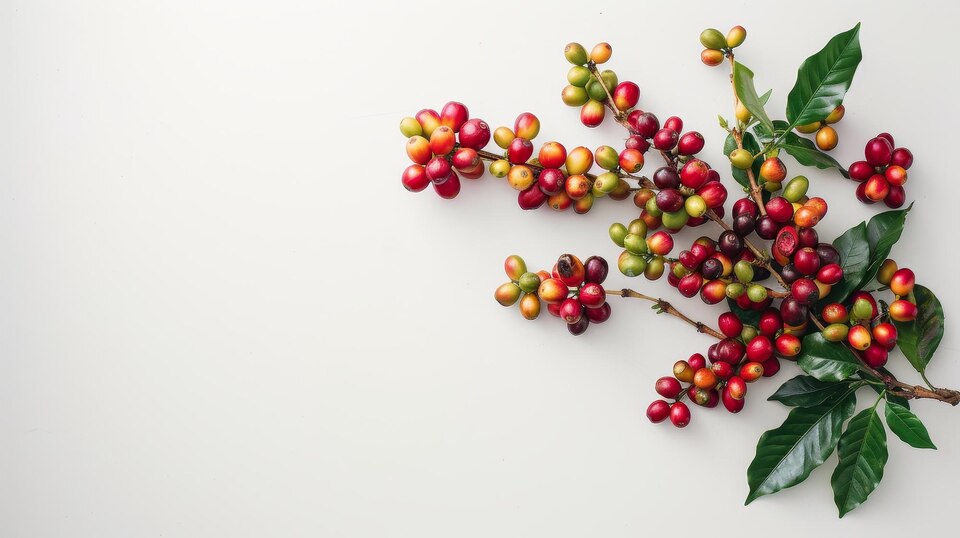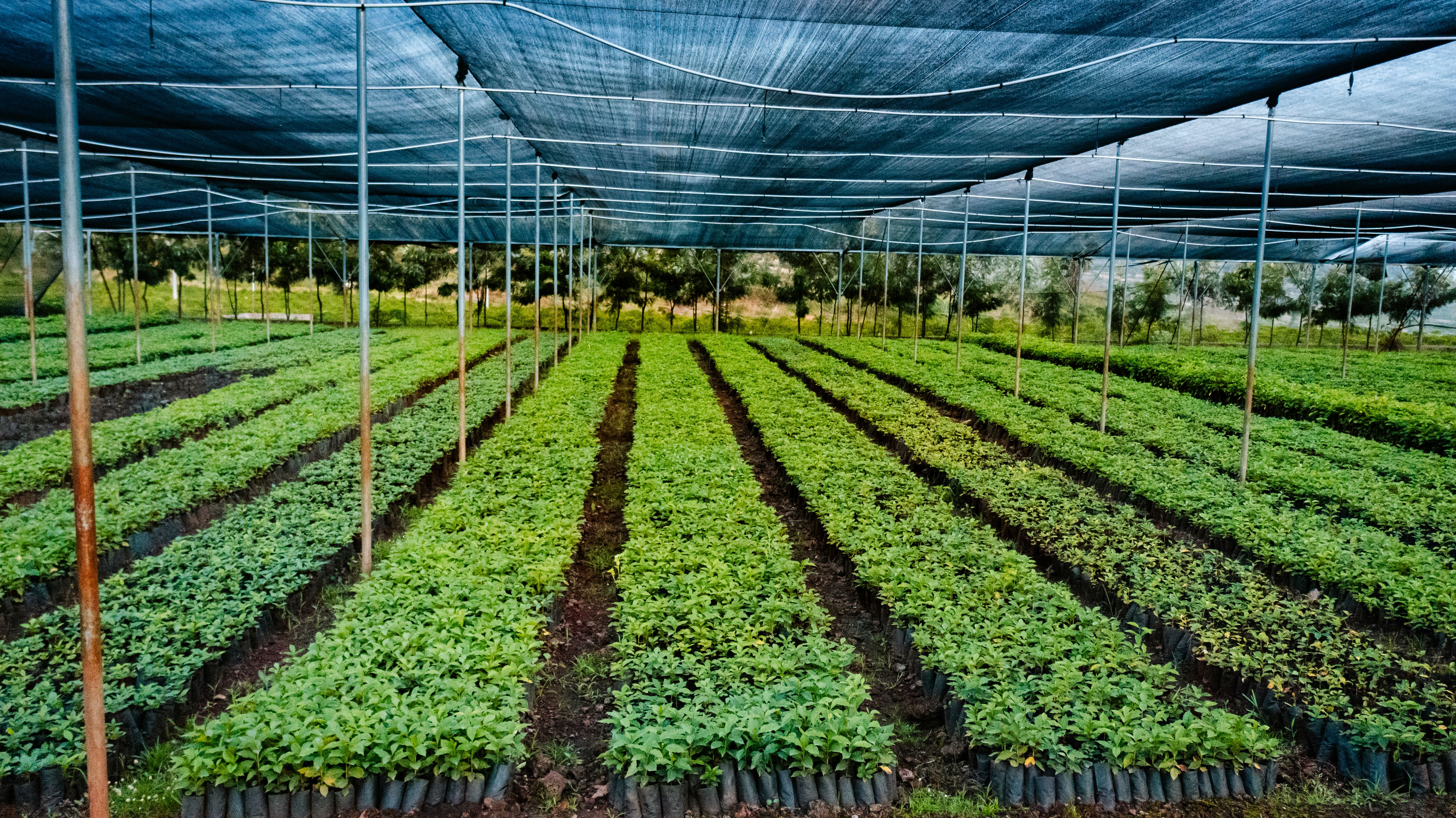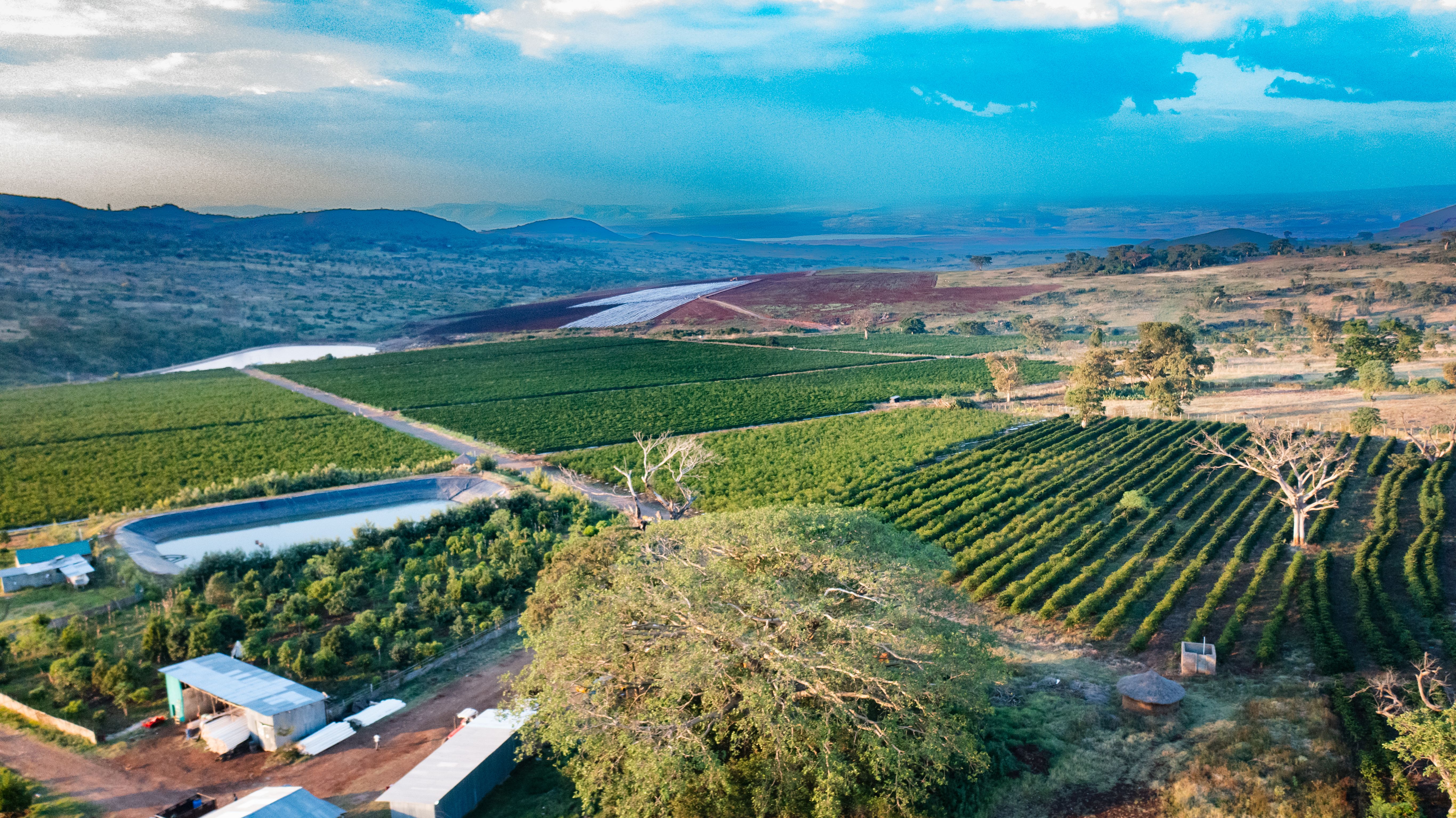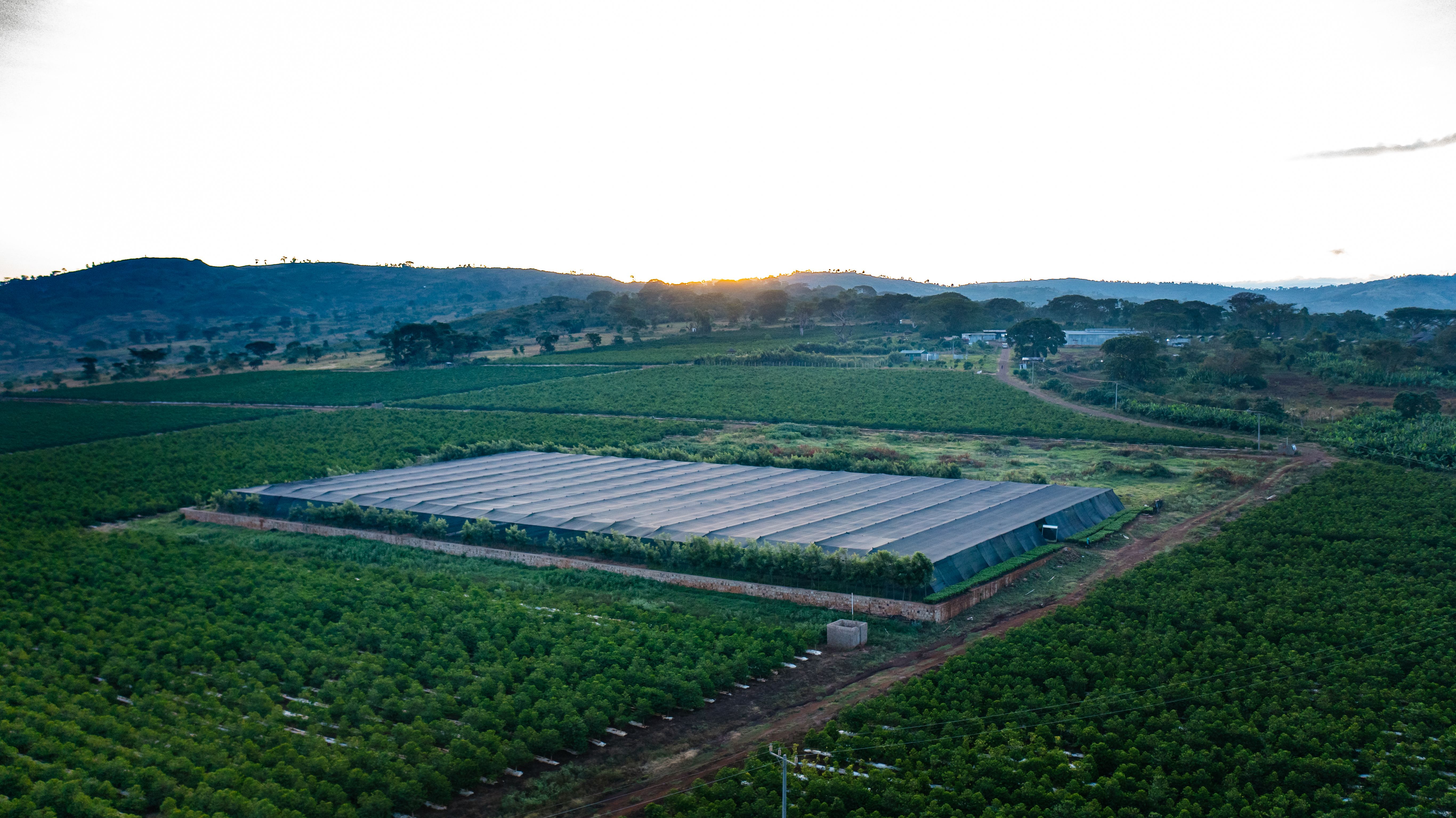
Coffee Process
Media

CEO NOTES
The spread of organised coffee cultivation in Ethiopia - as related by lsrael Degefa.
Coffee spread to the highland areas of Sidamo where the trees are newer. In my home area, the trees can be 65-85 years old. Trees this mature no longer produce good, flavoursome coffee but farmers have been resistant to replanting due to the perceived interruption in their income. On a side note, in response to this issue Kerchanshe now runs a range of ...

Debeka Farm


Debeka Farm
Debeka Farm is a flagship coffee farm of Kerchanshe, situated near Yirgacheffe in Ethiopia. Covering 200 hectares at an elevation of 1600-1900 meters above sea level, Debeka operates under a meticulously controlled environment, ensuring uniform coffee growth and high-quality production.
Features:

Altitude
1600-1900m

Closest Town
Yirgacheffe

Farm Size
200 hectares

Irrigation System
Drip Irrigation & Sprinkler

Soil Composition
Fertile, deep sandy loam

Humidity
55%-70%

Processing Method
Washed, Natural

Approximate No. of Trees per Hectare
5000
Innovative Agronomy
At Debeka Farm, coffee cultivation is guided by advanced agronomic practices. Our one-hectare greenhouse allows for uniform growth, while smart technologies monitor and control all farming practices. We use disease-resistant varieties and employ preventive measures like thinning and pruning to manage weeds.
Organic Practices
We are committed to organic farming. Our fertilizers consist of a mix of forest soil, parchment coffee, and loam soil. Coffee seedlings are nurtured in nursery beds or polybags, and once they reach 20-40 cm in height, they are transplanted into the fields. We use drip irrigation to ensure consistent watering and support optimal growth.
Germination Methods
Two primary methods are used for seed germination:
1. Pre-Germination on Sand Beds:
Seeds are spread on sand beds and covered with moist burlap or straw. They are monitored closely and transplanted into nursery beds once radicals emerge.
2. Vermiculite Method:
Seeds are mixed with moist vermiculite or expanded polystyrene, kept in a polythene bag until germination.
Processing Techniques
Wet Processing: Cherries are sorted and de-pulped using mechanical de-pulpers. Clean cherries are moved to fermentation tanks, where they are fermented for 14-15 hours. After fermentation, cherries are rinsed, mechanically washed, and then dried using various methods, including greenhouses, mechanical dryers, and sun drying.
Natural Processing: Ripe cherries are hand-sorted, floated in water, and then dried on raised African beds. This method enhances the coffee's blueberry mousse character, providing a sweet cup with a fuller body.
Processing Methods
1. Washed Process:
Cherries are sorted and de-pulped, then fermented and dried using controlled methods to ensure optimal quality. Post-drying, beans are graded and packaged.
2. Natural Process:
Cherries are dried in the sun on raised beds and monitored to prevent mold or over-fermentation. This process enhances the coffee's distinctive fruity characteristics.
Conclusion
Debeka Farm exemplifies Kerchanshe's commitment to quality and innovation in coffee production. Through advanced techniques, organic practices, and careful processing, we deliver exceptional coffee to the global market.

